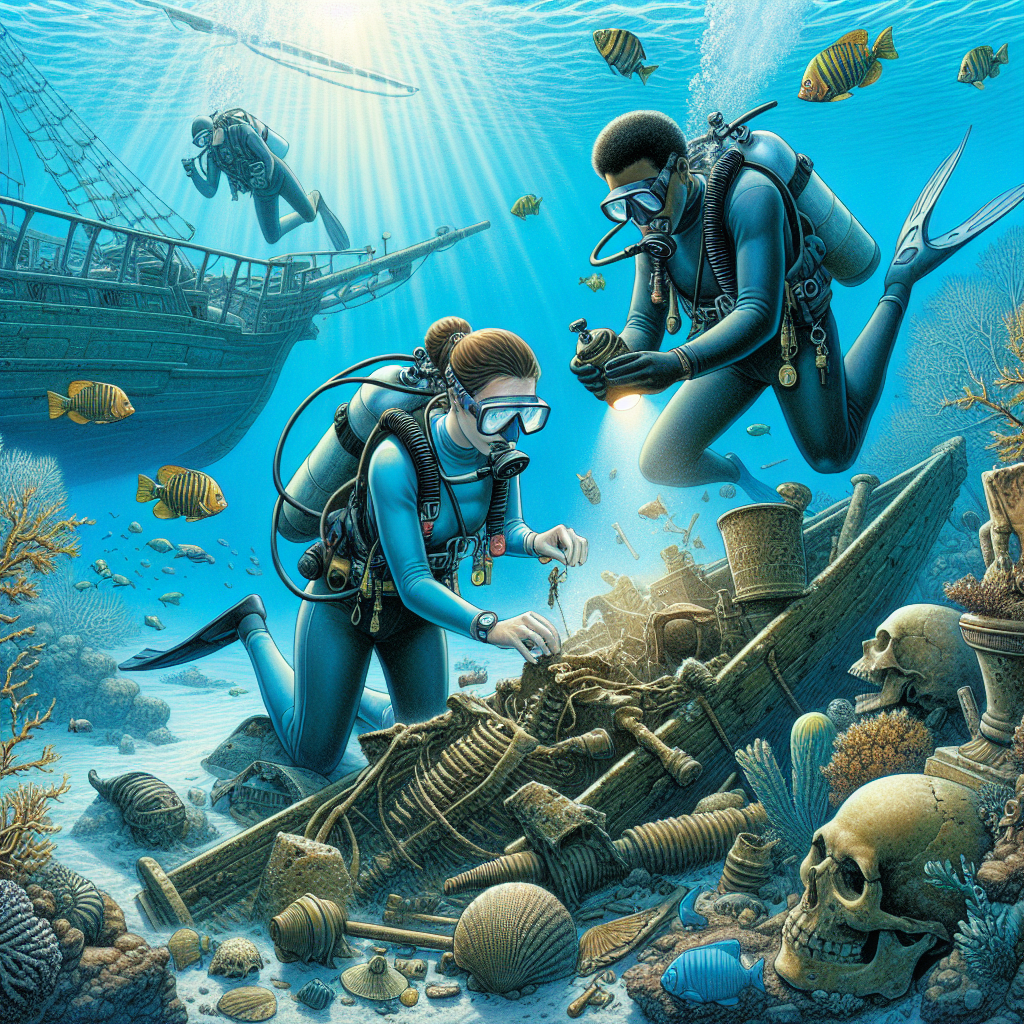The International Atomic Energy Agency (IAEA) has officially designated the Centro de Estudios Ambientales de Cienfuegos (CEAC) in Cuba as its first Collaborating Centre for marine research in a small island developing state (SIDS). With a five-year mandate, CEAC will leverage nuclear and isotopic techniques to monitor and protect fragile marine-coastal ecosystems across the Latin American and Caribbean region.
Enhancing Marine Research Capabilities in the Region
CEAC, a long-time IAEA partner, will now serve as a regional hub for research and capacity building. This designation will empower the centre to expand its work on critical issues such as marine and coastal pollution, harmful algal blooms (HABs), ocean acidification, and carbon sequestration. The IAEA’s support will enhance regional monitoring systems, strengthen seafood safety programs, and build resilience in coastal communities, helping SIDS mitigate the impacts of oceanic and environmental changes.
“The centre will support studies relevant to the identification of sources and effects of pollutants in the environment, using isotopic, nuclear, and molecular techniques,” said Florence Descroix-Comanducci, Director of the IAEA Marine Environment Laboratories.
Tackling Marine Pollution and Climate Impacts
As part of its mandate, CEAC will analyze pollutants, including microplastics, and study the rates of carbon sequestration using Polonium-210 and Cesium-137 to date marine sediments. The centre is actively involved in the IAEA’s NUTEC Plastics initiative, focusing on assessing and monitoring microplastic pollution. Through a work plan agreed upon with the IAEA, CEAC will also conduct field studies on HABs, eutrophication, and biotoxins, providing data critical to seafood safety and ecosystem health in Cuba and the surrounding region.
A Step Forward for Sustainable Ocean Management
By enhancing local, regional, and global research capacities, CEAC aims to contribute significantly to sustainable ocean management. Alejandro Garcia Moya, CEAC’s Director, emphasized that collaborative efforts are key to tackling these environmental challenges, especially for resource-dependent island nations.
“This agreement is an inter-institutional framework to contribute to research and human resources capacity-building of Caribbean and Latin American scientists in using nuclear and isotopic techniques,” Garcia Moya said.
Advancing Global Marine Science and Capacity Building
The designation of CEAC as an IAEA Collaborating Centre aligns with the IAEA’s mission to build scientific capacities globally through training and research. The centre will work closely with other regional and international bodies to advance sustainable marine management practices, supporting local, national, and global efforts to combat marine pollution, climate change impacts, and threats to marine biodiversity.
CEAC’s role as an IAEA Collaborating Centre marks a significant step forward for marine research in the Caribbean and Latin America, supporting critical science that will benefit both regional ecosystems and broader global environmental initiatives.











